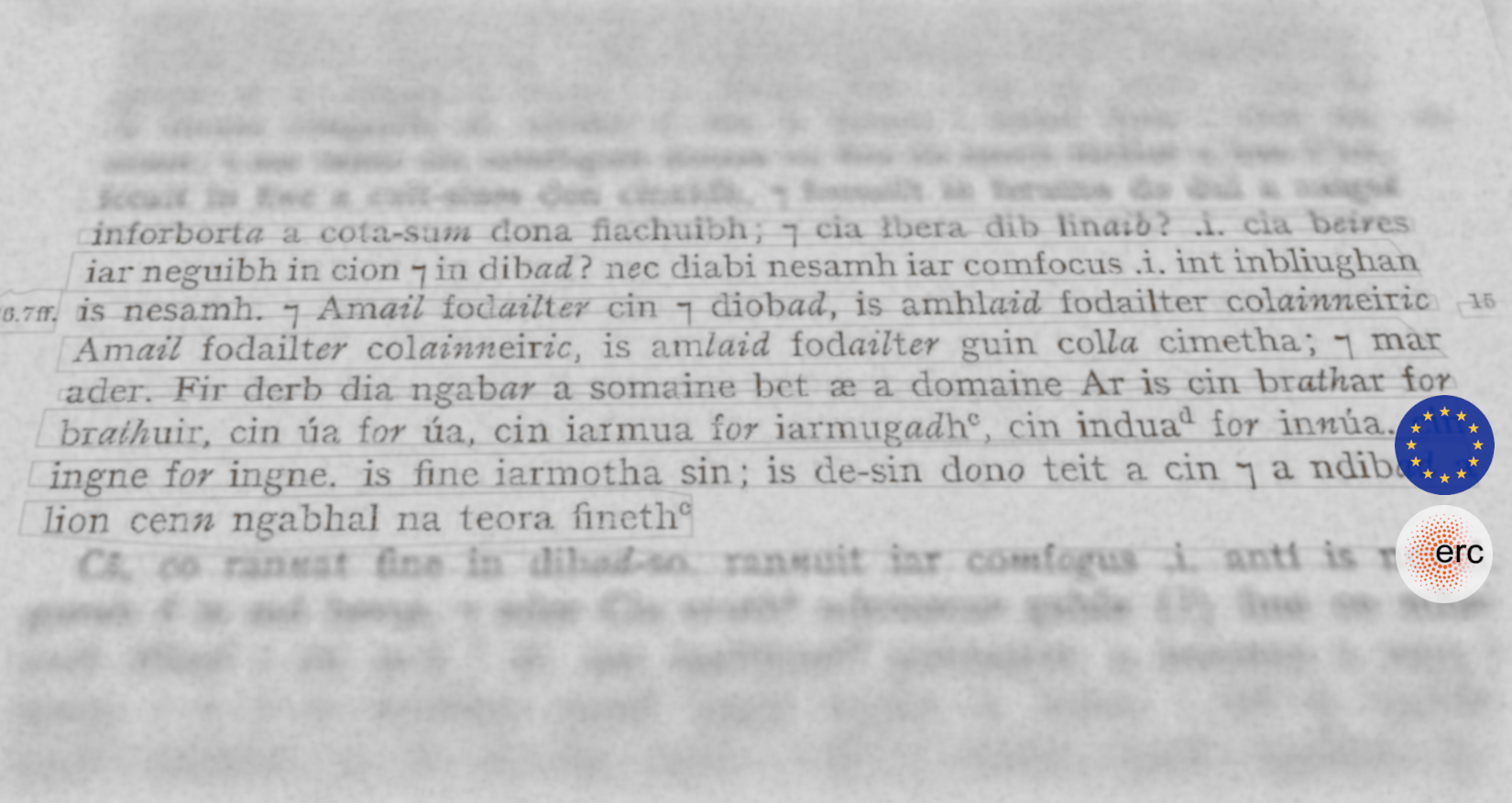FLEXI aims to find out how law was transmitted and reproduced by scholars rather than by a centralised authority in medieval Europe, by studying the late medieval Irish legal ‘Digests’.
FLEXI involves research in the fields of intellectual history, law in medieval Ireland, palaeography, comparative legal history and digital humanities.
By combining linked data model and network analysis, comparative legal history and natural language processing methods, FLEXI examines the structure and connections of the texts besides their contents, focusing especially on their compilatory principles and intellectual networks. It will revolutionise how we use medieval documents to understand intellectual life and textual reproduction.
The project investigates how the fluid, multifarious law texts were produced and reproduced and accepted as sources of law in medieval Europe, using four sets of late medieval Irish law texts called the ‘Digests’ as its main object of study. The Digests contain texts quoted from diverse sources, and organise them into a systematic review of the legal tradition.
FLEXI traces and measures the sources used in these digests quantitatively, using linked data model and network analysis to reveal their compilatory principles and text reuse patterns. This is an innovative approach to probe the intellectual universe of the jurists. It evaluates the variation within the digests and examines the interpretative techniques by which the jurists justified and harmonised the variation.
FLEXI looks for possible influences from other legal traditions such as the Canon Law and the Civil Law, which may have informed the organising principle of the digests. We also question the education that the jurists who composed or wrote these digests received – both home and abroad – and how it could have affected the form of the digests.
Finally, FLEXI tests and develops software for automated detection of parallel texts (text reuse) for early Irish texts. The toolkit and software developed by FLEXI will offer a long- needed digital solution to the processing of early Irish texts, because it can quickly identify similar texts from the vast corpus of Irish materials, thus revealing intertextual relationships hidden from the human eye.
FLEXI is supported by the (opens in a new window)European Union (ERC 2022 StG), grant agreement number 101076246
(opens in a new window)DOI 10.3030/101076246
Duration: September 2023 - August 2028







